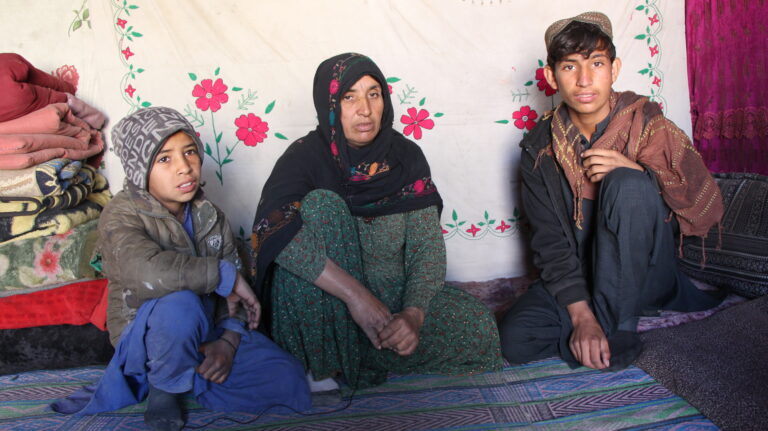
Winter in Afghanistan: Burning Plastic to Survive the Bitter Cold
The cold winter months leave Afghanistan’s most vulnerable, such as Mozdalifa and her 2 sons in Botkhak, struggling.
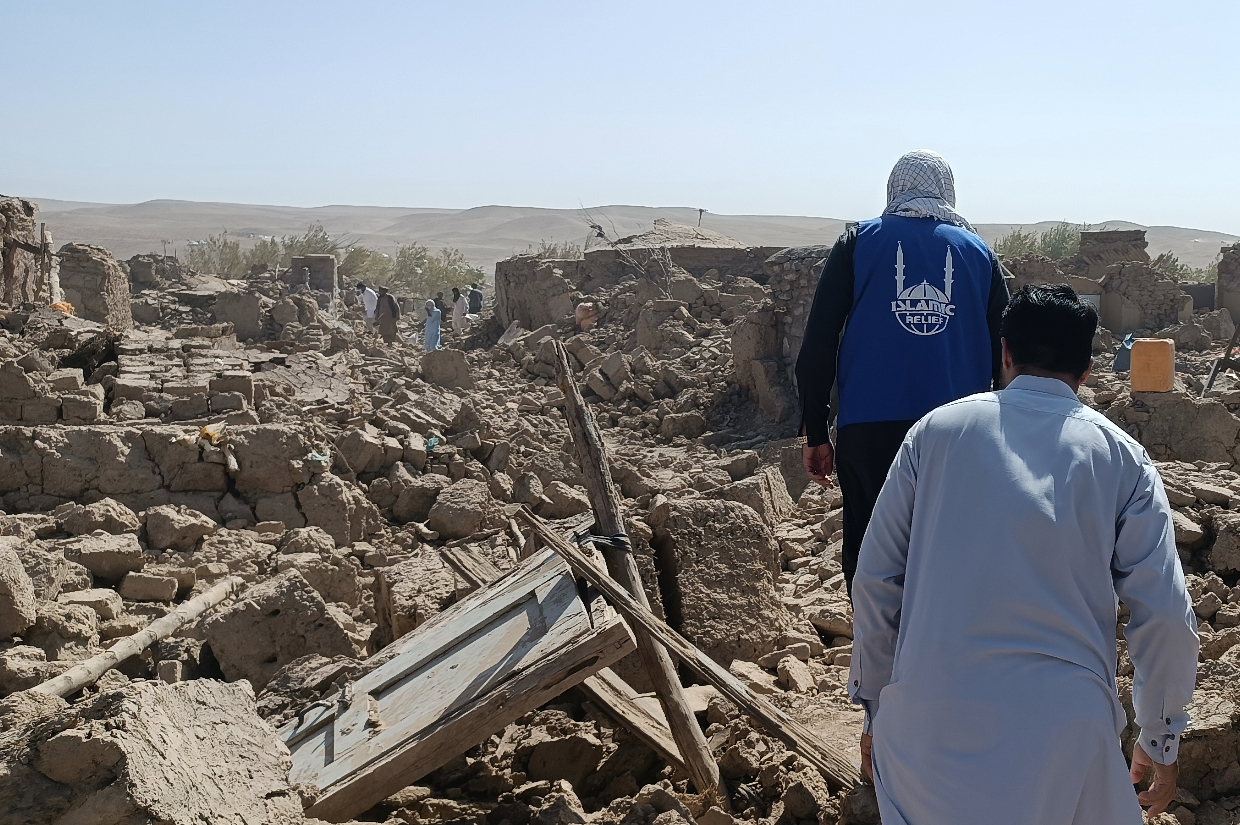
In Afghanistan, consecutive natural disasters have worsened already dire levels of poverty, malnutrition and depleting basic services within the nation.
Between the deadly 2023 earthquakes and the recent floods in May, hundreds of people have been killed, with thousands more injured, missing or displaced.


In Afghanistan, consecutive natural disasters have worsened already dire levels of poverty, malnutrition and depleting basic services within the nation.
Between the deadly 2023 earthquakes and the recent floods in May, hundreds of people have been killed, with thousands more injured, missing or displaced.
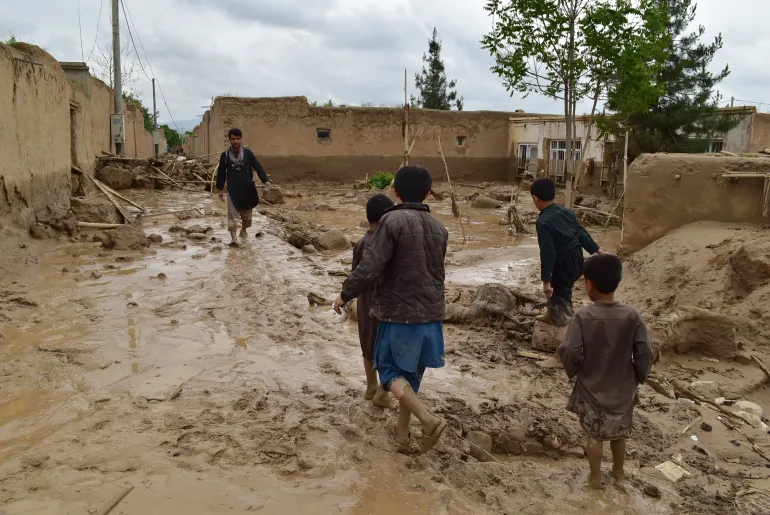
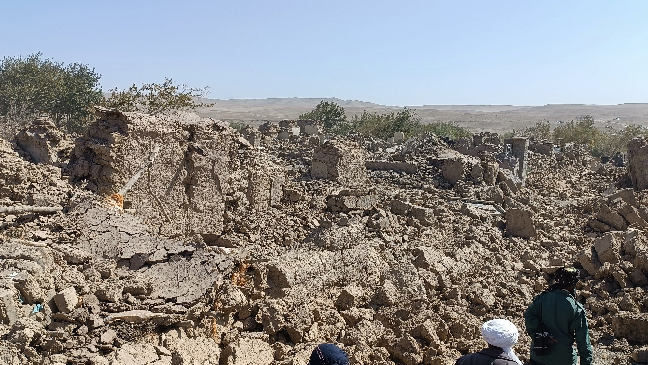
Following the October 2023 earthquakes and refugee crisis, Islamic Relief launched new projects for recovery, ensuring your donations reach those in most need.
These projects include:
So far, your donations to Afghanistan have reached over 385,000 people to date.
Years of protracted conflict, climate change, the aftermath of Covid-19 and the current political turmoil have pushed Afghanistan into one of the world’s worst humanitarian crises. Millions of lives are at stake.
Families across Afghanistan are running out of food. 23 million people – more than half of the population – now face going hungry every day, and nearly 9 million people are just one step away from famine. Half of all children under five years old are expected to suffer from malnutrition this year.
90 per cent of people – including children and people with chronic or life-threatening illnesses – do not have access to decent healthcare.
Escalating conflict and extreme hunger have forced nearly 700,000 people to flee their homes and seek safety elsewhere within Afghanistan, and more families have fled the country completely.
As needs increase, the current uncertainty and insecurity mean that much vital humanitarian work is on hold. In recent years, even before the latest political changes, more than 2.2 million girls were out of school – 60 per cent of the total out-of-school children in the country.
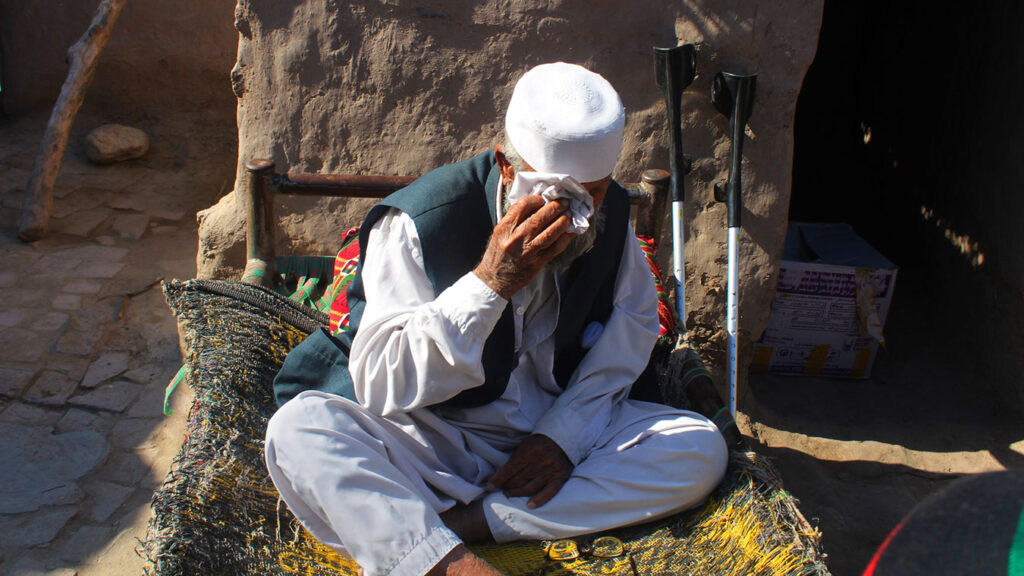
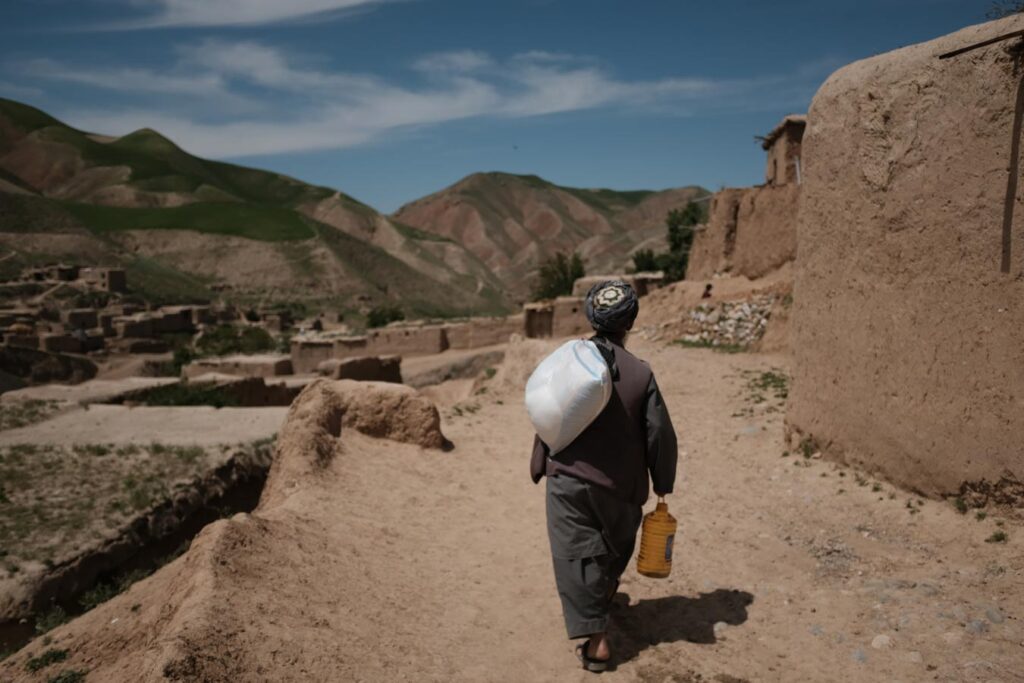
Islamic Relief has worked in Afghanistan since 1999 and is one of the few agencies to operate continuously throughout this difficult period.
We have a team of almost 250 staff – nearly half of whom are women – and projects in 35 districts, providing emergency relief and long-term development across the country.
Last year alone our work in Afghanistan supported almost half a million (484,777) women, men and children.
Along with our ongoing emergency response, we are delivering life-saving food aid to thousands of people suffering from the growing hunger crisis.
Islamic Relief teams are distributing parcels containing flour, oil, pulses, rice, sugar and salt to more than 11,000 families in Kabul, Nangarhar, Balkh, Bamiyan and Kapisa provinces.
We are also running health clinics, which provide the only source of healthcare for many people in remote rural areas, and distributing hygiene and water storage kits to help prevent the spread of illnesses.
We also have psychological support staff carrying out home visits to support people’s mental health needs after years of conflict and crisis.
We aim to work with communities in need to help build a better future for the country.
Where every person lives in safety, has access to food, shelter, healthcare, water and education, and has the skills and opportunities to earn a sustainable living.
We also support Afghan refugees, providing hot meals to new arrivals as well as legal assistance and mental health support.

The cold winter months leave Afghanistan’s most vulnerable, such as Mozdalifa and her 2 sons in Botkhak, struggling.
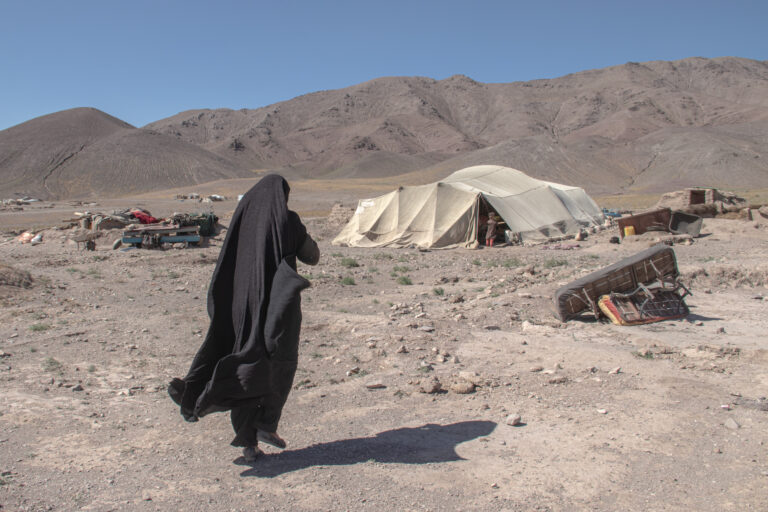
As winter approaches, we share the stories of families facing the cold in Afghanistan, having little to protect them from the elements.
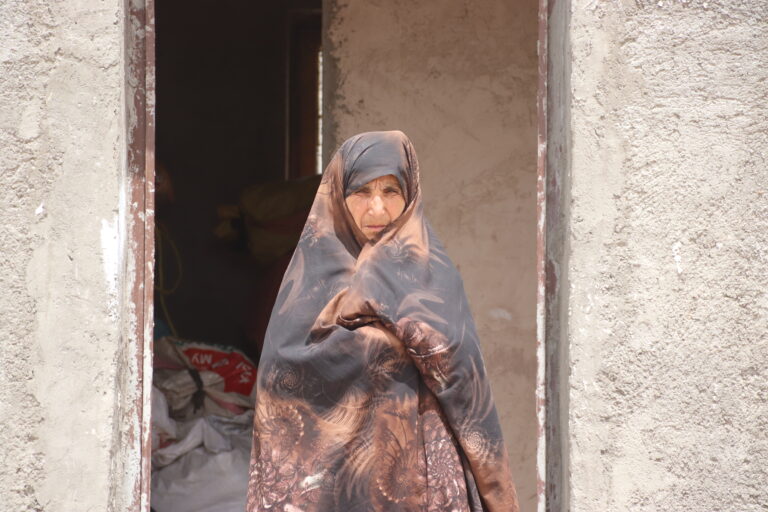
Islamic Relief is responding to flash floods in northern Afghanistan, which have killed hundreds of people and left thousands homeless.